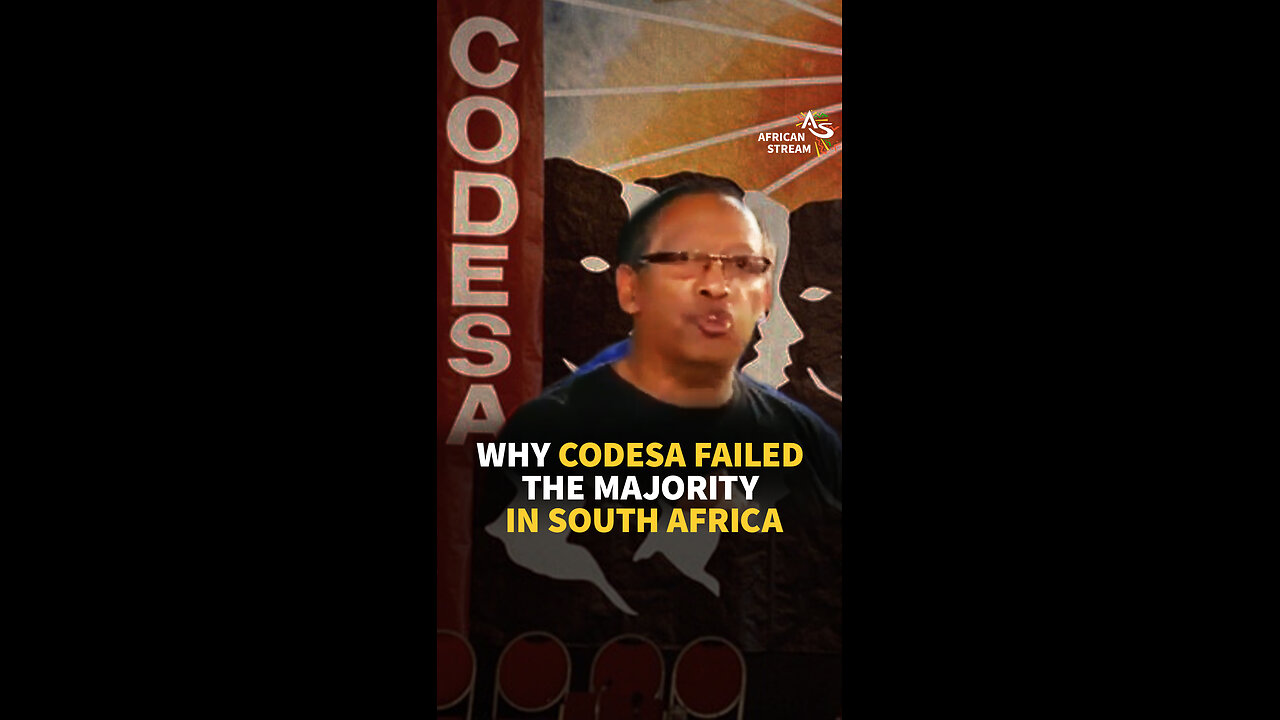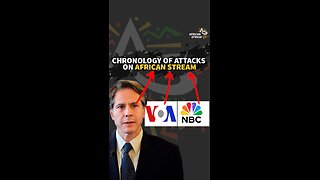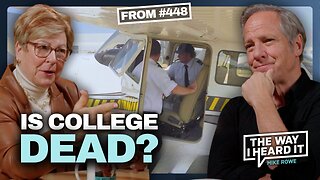Premium Only Content

WHY CODESA FAILED THE MAJORITY IN SOUTH AFRICA
Many hail the 1991-92 Convention for a Democratic South Africa (CODESA) as a bloodless transition from apartheid to democracy.
However, an audience member in this 'The Big Debate' clip argued CODESA entrenched capitalist control and maintained white economic dominance at the expense of authentic economic justice for the majority of Black people.
CODESA negotiated for Black people’s political inclusion in the forms of universal suffrage, a democratic constitution and the abolition of apartheid laws. However, the convention shelved the liberation forces’ economic demands, such as land reform, nationalisation of key industries, and economic indemnities. Under pressure from Western powers and capital markets, the African National Congress (ANC) shelved its socialist-inspired Freedom Charter in favour of neoliberal restructuring.
Therefore, instead of abolishing apartheid’s economic legacy, the 1994 compromise maintained the status quo. The white-owned enterprises continued to occupy land, mines, and banks. The 1996 Growth, Employment and Redistribution (GEAR) policy, crafted in the absence of mass public discussion, prioritised foreign investment and privatisation over redistribution.
Black Economic Empowerment (BEE) rewarded a small Black elite while poverty, inequality and unemployment continued. For example, European settlers make up less than 8 per cent of the population yet own over 72 per cent of private farmland.
Ex-ANC intelligence chief Ronnie Kasrils has referred to the economic accommodation as ‘the Faustian pact.’ Others, like analyst Patrick Bond, argue that the transition created a de-racialised ‘elite pact’ rather than a people's economy.
Video credit: @LANDNOLI (X) / 'The Big Debate,' @sabcnews
-
 7:27
7:27
AfricanStream
2 months agoCHRONOLOGY OF ATTACKS ON AFRICAN STREAM
4173 -
 16:08
16:08
GritsGG
9 hours agoRank 1 Warzone Player VS Stream Snipers & a Cheater!
7.54K1 -
 1:39:16
1:39:16
The HotSeat
13 hours ago👉 STOP Blaming Each Other — Look at the Media!
24.7K25 -
 22:34
22:34
The Pascal Show
9 hours ago $0.98 earnedFEDERAL CHARGES?! Iryna Zarutska's Attacker Gets Hit With Federal Charges After Fatal Train Attack
7.57K8 -
 LIVE
LIVE
Lofi Girl
2 years agoSynthwave Radio 🌌 - beats to chill/game to
218 watching -
 13:05
13:05
Mike Rowe
4 days agoIs College DEAD? Inside America’s #1 Trade School | Sheree Utash From #448 | The Way I Heard It
78.6K26 -
 3:01:13
3:01:13
FreshandFit
6 hours agoAyesha Curry Never Wanted Steph Curry
65.8K11 -
 23:28
23:28
DeVory Darkins
10 hours ago $11.49 earnedTrump official ANNIHILATES Democrats in heated debate as CNN gets caught sympathizing with criminals
26K71 -
 1:02:26
1:02:26
The Nick DiPaolo Show Channel
12 hours agoPOC Murders Another White Woman | The Nick Di Paolo Show #1790
61K72 -
 2:04:29
2:04:29
Inverted World Live
8 hours agoNew UFO Hearing Testimony: Lockheed Martin Has Alien Technology | Ep. 105
72.3K8